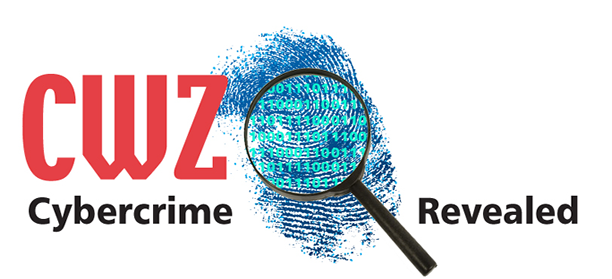 Thanks to my colleague Kevin Moulton for pointing out an excellent Yahoo! special report: In cyberspy vs. cyberspy, China has the edge.
Thanks to my colleague Kevin Moulton for pointing out an excellent Yahoo! special report: In cyberspy vs. cyberspy, China has the edge.
According to U. S. investigators, China has stolen terabytes of sensitive data — from usernames and passwords for State Department computers to designs for multi-billion dollar weapons systems. And Chinese hackers show no signs of letting up. “The attacks coming out of China are not only continuing, they are accelerating,” says Alan Paller, director of research at information-security training group SANS Institute in Washington, DC.
Private enterprise is also getting hit big time.
The official figures don’t account for intrusions into commercial computer networks, which are part of an expanding cyber-espionage campaign attributed to China, according to current and former U. S. national security officials and computer-security experts.
In the last two years, dozens of U. S. companies in the technology, oil and gas and financial sectors have disclosed that their computer systems have been infiltrated.
In January 2010, Internet search giant Google announced it was the target of a sophisticated cyber-attack using malicious code dubbed “Aurora,” which compromised the Gmail accounts of human rights activists and succeeded in accessing Google source code repositories.
The political ramifications of this cyber warfare are huge. The US and China are the world’s two largest economies, both cooperating and competing on the world’s stage. With China owning more than $1.1 trillion in U. S. government debt, destabilization of U. S. markets due Chinese cyberattacks would, in effect, be an attack on China’s economy itself.
The old Mad Magazine Spy vs. Spy comics were hilarious, with each spy destroying the other through nefarious means, and then getting up quickly to compete another day. On the other hand, the China vs. USA cyberspy game is serious business – we play this one for keeps.


 Cyberwarzone.com
Cyberwarzone.com Thanks to my colleague
Thanks to my colleague